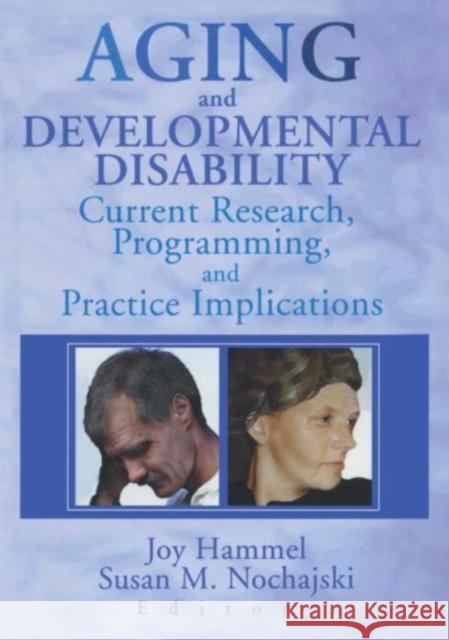Aging and Developmental Disability: Current Research, Programming, and Practice Implications » książka
topmenu
Aging and Developmental Disability: Current Research, Programming, and Practice Implications
ISBN-13: 9780789010407 / Angielski / Miękka / 2001 / 112 str.
Aging and Developmental Disability: Current Research, Programming, and Practice Implications
ISBN-13: 9780789010407 / Angielski / Miękka / 2001 / 112 str.
cena 146,88
(netto: 139,89 VAT: 5%)
Najniższa cena z 30 dni: 145,09
(netto: 139,89 VAT: 5%)
Najniższa cena z 30 dni: 145,09
Termin realizacji zamówienia:
ok. 22 dni roboczych.
ok. 22 dni roboczych.
Darmowa dostawa!
First published in 2001. Routledge is an imprint of Taylor & Francis, an informa company.











